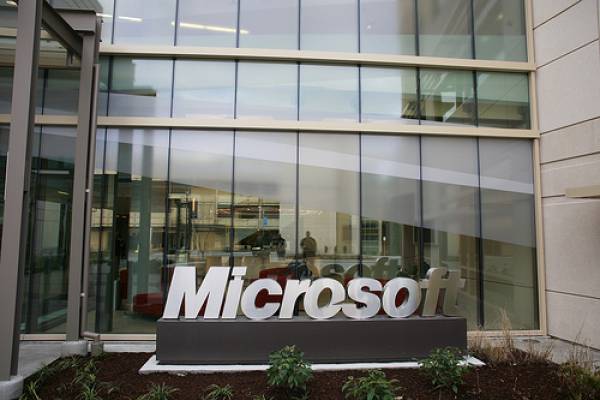MONDAY: The pre installment of Microsoft Office apps on some tablets by Samsung seems apparently to be more of a short-term win for shareholders of the U.S. software giant than owners of the Korean mobile device maker.
Any market share growth that might come from the deal would boost the bottom line of Microsoft more than Samsung, given the fatter profit margins in software.
Even then, the agreement details announced by the software giant shine a light on the biggest challenge Microsoft CEO Satya Nadella faces as he begins his second year at the helm. He is in a constant trial of safeguarding his market lead during a major technology transition, as productivity software programs used on workplace PCs are replaced by mobile apps. For its heretofore-lucrative Office suite, namely its Microsoft Word, Excel and PowerPoint applications,are its heart.
Thanks to early news of Samsung’s decision to per-install Microsoft’s Skype video-calling software and several Internet-based business applications on the Galaxy S6, its latest smartphone, Nadella will now be having Office apps and cloud services on devices built by the global smartphone leader within the upcoming future months. For Samsung, the benefits of the partnership are less clear, unless the company believes consumers will buy more Samsung phones because they come with Microsoft Office. While that could prove true someday, a more likely benefit in the near term is whatever amount of marketing dollars Microsoft may be willing to pay to get on the home screen of Samsung devices.
Cost aside, Nadella’s Office app move is straight out of the Microsoft playbook. In porting Microsoft apps over to the two major smartphone platforms, Nadella has essentially blanketed the market for productivity-software apps sold.
It’s a bold grab for the loyalty of business-minded users, yet it comes in a smartphone market where the dominant operating systems are Google’s Android and Apple’s iOS, not Windows. That lack of market power, combined with the prevailing belief among mobile consumers that apps should be free, or nearly so, helps explain Nadella’s pricing strategy.










